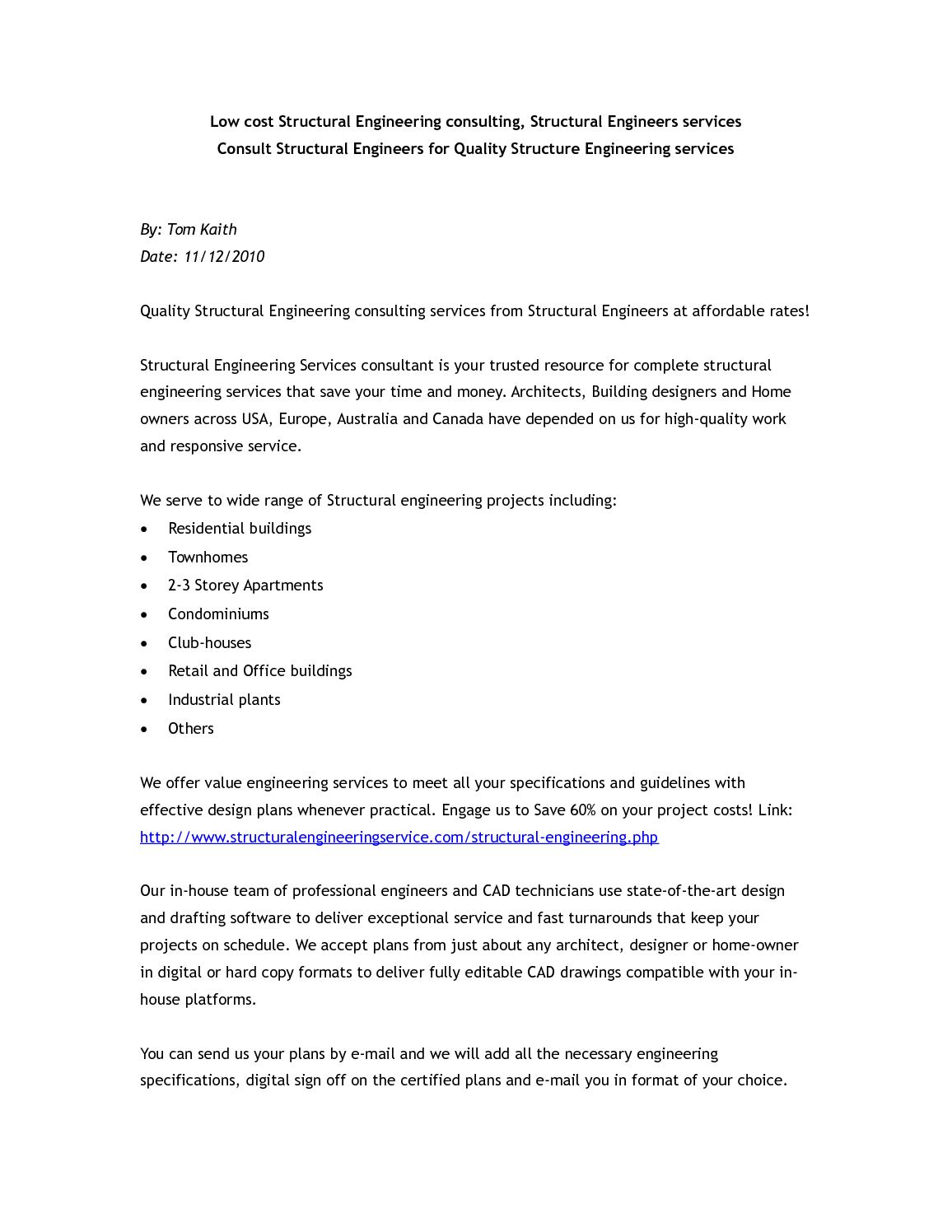
Cybersecurity consulting is becoming increasingly important for organizations of all sizes due to the increasing threat of cyberattacks. These consultants offer a variety of solutions and are typically sought after by IT leaders. They will have different portfolios depending the size and scope on their client's requirements. They can also offer consulting tailored to the needs of each client.
CISSP
CISSP cybersecurity consulting can help you ensure that your network is secure and protects your company's data. CISSP cybersecurity experts are skilled in identifying cybersecurity risks and devising cybersecurity measures to mitigate them. They are also able to understand the whole information security landscape and the organization as a whole.
A CISSP cybersecurity consulting certificate is a great way of increasing your value to potential employer. It demonstrates that you are a cybersecurity professional with practical experience, in-depth knowledge and a code for ethics. These qualities are highly valued by employers and will earn you a higher salary. The cybersecurity industry is facing a shortage of qualified workers. This is driving the demand for CISSP cybersecurity specialists to grow.

ECPI University
The new 12-month cybersecurity certificate program from ECPI University might be a good choice if your goal is to get a job in cybersecurity. This program blends classroom learning with industry experience. You will learn how to efficiently manage secure information systems. With this program, you'll have the knowledge and skills you need to make the most of this rapidly growing field.
Cybersecurity consultants help businesses to protect themselves against outside and inside attacks, as well as social engineering. They provide protection against spyware, malware, viruses and other threats.
Day in the life of a cybersecurity consultant
A typical day for a cybersecurity consultant involves meeting with executive-level clients to discuss cybersecurity issues and potential solutions. They also conduct research and interview employees. They must demonstrate the ability to deconstruct complex security issues and communicate the findings clearly. A typical day for a cybersecurity consultant can involve traveling to different companies and meeting with clients.
The job description of a security consultant varies depending on the industry and size of the company. The job requires a solid understanding of encryption, cloud infrastructure, network architecture, and other technical skills. It will also involve the implementation of new security protocols and equipment.

Travel requirements of a cybersecurity consultant
A key player in cybersecurity is the cybersecurity consultant. This type of job includes providing technical support as well as advising companies about security measures. Many cybersecurity professionals are involved in the prevention of and remediation cybersecurity breaches. These individuals often start in related entry-level positions before transitioning into the consultant role.
You will need to travel to different locations in order to carry out your consulting work. Additionally, you will need to be comfortable with operating different operating systems.
FAQ
What can I count on from my consultant to help me?
Within a few days of selecting your consultant, you can expect to hear back. They will typically ask for information about the company, such as its mission, goals. products and services. budget. After receiving this information, they will prepare a proposal outlining their scope of work, estimated timeline, fees, deliverables and milestones.
If everything goes as planned, then both parties will agree to a written contractual agreement. The type and content of the contract will vary depending on whether the relationship is employer-employee/employer-independent contractor.
If everything goes well, the consultant should start work immediately. S/he will have access to your internal documents and resources, and you'll have access to his/her skills and knowledge.
However, don't assume that just because someone is a consultant that s/he knows everything. It takes practice, effort and practice in order to be an expert in any area you consult. So, don't expect your consultant to know everything about your business.
Why would you want to hire consultants?
There are many reasons to hire consultants.
-
Perhaps your company has a specific problem or project you need to address
-
You would like to improve your skills or learn new things
-
You would like to work with an expert in your field.
-
The task is yours alone.
-
Feel overwhelmed by all the information available and don't know where you should start
-
It's impossible to afford to hire someone full-time.
Word of mouth is the best way to find a great consultant. Ask your friends and colleagues if they know of any trustworthy consultants. If you are already acquainted with someone who works as an advisor, ask them for recommendations.
If you're interested in using online directories, such as LinkedIn, you can use the "Search People” feature to find consultants near your location.
What is the real value of consulting?
Consulting is more than a job that allows you to quickly make money.
There are many options for consulting. These include project management, business strategy, strategy, leadership, and training. There are many projects you could be involved in, from small start-ups all the way up to large-scale multinational corporations.
You can develop your skills and gain experience in a variety of industries by consulting. This could include learning how to manage teams, write proposals, manage budgets and analyze data.
Statistics
- On average, your program increases the sales team's performance by 33%. (consultingsuccess.com)
- WHY choose me: Why your ideal client should choose you (ex: 10 years of experience and 6-week program has helped over 20 clients boost their sales by an average of 33% in 6 months). (consultingsuccess.com)
- Over 62% of consultants were dissatisfied with their former jobs before starting their consulting business. (consultingsuccess.com)
- According to statistics from the ONS, the UK has around 300,000 consultants, of which around 63,000 professionals work as management consultants. (consultancy.uk)
- So, if you help your clients increase their sales by 33%, then use a word like “revolution” instead of “increase.” (consultingsuccess.com)
External Links
How To
What is a typical day for a consultant?
Each type of work will dictate the day's pace. But generally speaking, you will spend time researching and planning new ideas, meeting clients, and preparing reports.
You'll often have meetings with clients where you can discuss issues and solve problems. These meetings may be over the phone via email, on-line, or face-to–face.
The proposal is a document that outlines your ideas and plans to clients. You will need to discuss these proposals with a mentor or colleague before you present them to clients.
After all the planning and preparation, you will have to produce some content. This could include writing articles, designing websites or editing photos.
It depends on the project's scope, you might need to do some research to collect relevant statistics. This could include finding out how many customers your company has and whether they purchase more than one product.
Once you have collected enough information, it's now time to present the findings to your clients. You can either present your findings in writing or orally.
After your initial consultation, you should follow up with your clients. You might contact them regularly to check on their progress or send them emails to confirm they have received your proposal.
Although it takes time, this process is worth it. It's also important to keep your eyes on the prize and maintain good relations with clients.